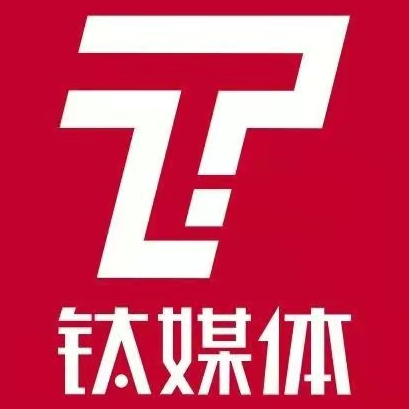
By Huixia Sun
BEIJING, November 10, 2020 (TMTPOST)–During a three-year crackdown on peer-to-peer (P2P) lending companies to mitigate financial risks, China has chopped down the total number of P2P platforms from about 5,000 at the peak to only three now.
Liu Fushou, the General Counsel of the China Banking and Insurance Regulatory Commission, said on November 6 that the industry has been shrinking for 28 consecutive months for the better.
Liu said that the purge of predatory P2P online lending platforms had accelerated, and that the “era of wild growth in online finance as represented by P2P is over”.
As of the end of June 2020, the number of P2P lending firms had fallen to 29, according to the 2020 Financial Stability Report.
It took merely several years for the sector, which was often plagued by fraud and defaults, to go from the boom to the bust. In 2017, seven Internet-based P2P companies, including Yirendai, Hexindai and Qudian, floated their initial public offers in U.S. stock markets, marking the heyday of the sector.
In November 2017, the Internet Finance Risk Mitigation Leading Team announced that no new licenses for online P2P business would be issued. In December 2017, the People’s Bank of China, the central bank, and the banking regulator jointly unveiled a policy to clean up the industry, capping the maximum overall lending fee at 36% of the principal. The introduction of the policy was the watershed of the sector.
In January 2019, the Rectification Office of the National Internet Finance Association of China issued a notice, stating explicitly that the supervision of the online P2P industry would focus on closing the lending platforms.
In the first 10 months of 2019, about 1,200 P2P platforms were shut down. As of late October 2019, only 427 P2P lending firms were still operating.
The Three P2P Firms
According to the National Internet Finance Association of China, three P2P firms, namely Eloan, Xianzhi Chuangke and Bojindai, are still active. They all rolled out new fundraising products after October 20.
Eloan has five products, with the fundraising target of all products below RMB100,000 (about US$14,200). The fundraising target of the products launched by Xianzhi Technology and Bojindai are below RMB1 million (about US$142,000).
Eloan, founded in 2007, has registered capital of RMB1 billion (US$1,420,000), with Legend Holdings as its second largest shareholder (33.3%). The company has touted itself as an Internet finance platform that serves farmers and agriculture, with Ximen Bank as its custodian bank.
One of the products is named Enong Huixiang No. 22585, whose projected annualized interest rate for creditors is 7.2% (with a floating rate of 1.8%) and lock-up period is three months, according to the official website of the P2P firm. While the total fundraising target of the product is set at RMB971,600 (US$138,000), RMB515,900 (about US$73,700) had been raised as of November 10. The lending interest is not shown on the website. 43 creditors have contributed funds to the product.
About 15 active products are on display on the website, with lockup periods ranging from one month to one year. A few products for special purposes such as buying chemical fertilizers, planting fruit trees and buying auto parts are also listed on the website.
“The interest is paid on a monthly basis while the principal is paid fully on the date of maturity,” says the firm on the website. It warns would-be creditors by saying “There are risks associated with online lending. Please exercise caution.”
Another existing P2P platform, 91 Wangcai, is owned by Xianzhi Chuangke, a comprehensive Internet finance firm. With registered capital of RMB60 million (about US$8.57 million), Xianzhi had 17 active P2P products as of November 11. Its custodian bank has been Xiamen Bank since June 2016.
Based on its monthly P2P operation report for October, the platform brokered RMB1.115 billion in small-amount loans, slightly down from RMB1.148 billion in September. In the first 10 days of November, the platform brokered RMB325 million in small loans online. The total outstanding small-loan balance is RMB1.211 billion while current creditors totaled 8,506 as of November 10.
The third functioning P2P firm is Bojindai, a subsidiary of Jianxi Boneng Holdings. Its business partners include Jiangxi Bank, which may be its custodian bank. Bojindai’s largest shareholder is Jiangxi Yumin Bank, founded in May 2019 as one of the first private banks in Jiangxi province.
Some financial market analysts argue that the three P2P firms that survived the purge so far are Eloan, U.S.-listed Yirendai and Hengyirong.
New Business for Former P2P Firms
A large number of P2P firms have been engaging in the business of loan-granting assistance since they were required to terminate online lending.
“My company existed from P2P lending late last year. We are helping banks extending loans by using our data of their old clients,” a business insider told TMTPost.
The transition is common for most P2P firms, she added.
更多精彩内容,关注钛媒体微信号(ID:taimeiti),或者下载钛媒体App

